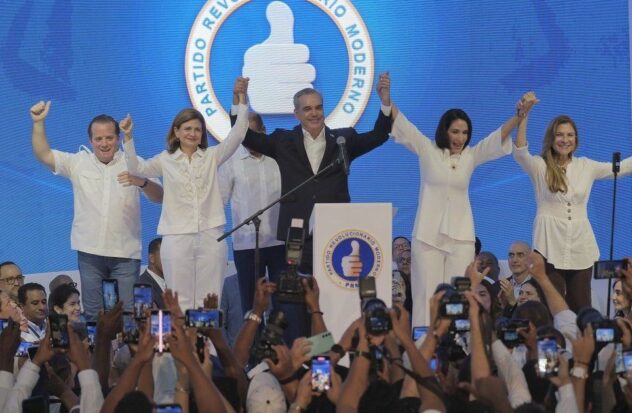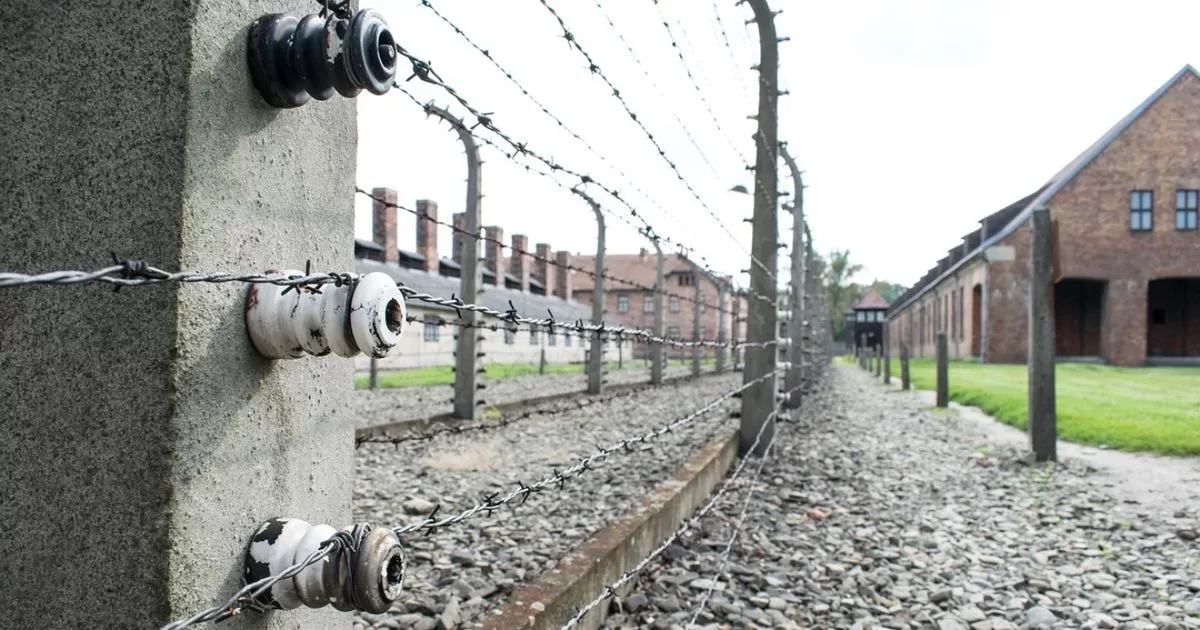An important aspect is that This percentage was only surpassed by former president Danilo Medina, who won re-election in 2016 with more than 61%.
In these elections, the three-time former president Leonel Fernández (La Fuerza del Pueblo) came in second place (28.84%) as in 2020. Third place went to Abel Martínez (Dominican Liberation Party), former mayor of Santiago de Los Caballeros, who obtained 10.39%.
International observers and analysts agree in highlighting the climate of civility and institutionality in the Dominican elections, in which 32 members of the Senate, 31 provinces and the National District, and 190 members of the Chamber of Deputies were also elected.
On May 21, the Electoral Mission of the Organization of American States (OAS), chaired by former Chilean president Eduardo Frei, presented a 39-page report, delivered on May 21. The organization highlighted that there were improvements in relation to the municipal elections of February 18 of this year, but insisted that failures such as proselytism and vote buying must be corrected.
“Although challenges remain for future elections, including structural scourges such as vote buying, the Mission noted significant improvements in the conduct of the elections on Sunday, May 19. The country’s electoral institutions have been strengthened and, with it, Dominican democracy,” emphasized the Electoral Mission of the OAS Organization.
For their part, the members of the Electoral Observation Mission (MOE) of the Democratic Initiative of Spain and the Americas (IDEA Group) also referred to the democratic spirit of the contest.
“We highlight as promising, along with the support of parties as institutional supports of democracy, the growing presence and activism of the younger and replacement generations, especially in the field of facilitation of pre-election debates, observation and electoral control. We underline, therefore, the importance of the presidential debates so that Dominicans could not only vote but this time choose in an informed manner,” the IDEA Group said in a statement.
peaceful process
Berlaminio Ramírez, Dominican political scientist and consultant, tells DIARIO LAS AMÉRICAS that “the behavior of the actors in conflict was slowed down, to a certain extent, by the presence of international observation and the observation of civil society that was with its eyes open in all precincts.”
He asserts that the electoral process left positive elements and negative elements.
“It was the most peaceful electoral campaign in the history of the country, on the one hand. And, on the other hand, young people came to light in all the parties who should be the leadership of the future, those are two great gains,” she says.
For Ramírez, among the negative points of the electoral process are abstention. According to official data, abstention was around 37.98%, only surpassed by the general elections of July 5, 2020, which took place in the context of the COVID-19 pandemic.
“This represents a threat and a great challenge for the legitimacy of democracy, the indifference of citizens who have no interest in participating and electing their authorities,” he indicates.
The political scientist also describes it as a very negative and vulnerable point in the framework of elections of Dominican Republic was represented by transfuguism.
“A significant percentage of the mayors and councilors elected on February 18 on the opposition ballots switched to the ruling party before taking the oath. That had never happened in the history of the country. This is a stain on Luis Abinader’s triumph, he had no need to resort to that, depending on the percentage with which he won, he could win by stimulating an excessive purchase of opposition mayors and councilors,” Belarmino Ramírez emphasizes.
The political scientist adds that the purchase of ballots and votes was repeated, but to a lesser extent than in the municipal ones due to the work of the Central Electoral Board.
“The precincts were better guarded, they could not set up tents in front of the precincts, what they did was look for nearby houses to carry out the operations to purchase ID cards and votes, but broadly speaking it was a democratic party,” he indicates.
The challenges of Luis Abinader
“The Dominican Republic has written a page of democratic progress today and the results speak for themselves (…) The people have spoken clearly… I assume the trust that I have received and the obligation not to disappoint. “I will not fail you!” said the president. Luis Abinader after his re-election.
The president announced a constitutional reform, to promote the changes that he said society requires, and a reform in the fiscal field. Abinader did not give details, but assured that he will not be a candidate again. The Constitution only allows you to run continuously for two terms.
“I will not be a candidate again, it is my word, it is my commitment and it will be part of my legacy to the Dominican Republic,” he assured.
“In Dominican Republic There is no need for a reform of the Constitution. President Luis Abinader said that he is going to do it, but the country does not need it and there are some aspects that can be resolved without getting there, for example, the issue with migration, the Penal Code, abortion and the right to life. ”says political scientist Berlaminio Ramírez.
Among the imperatives that Abinader has is the situation of illegal migration from Haiti.
“The Dominican Republic is going to have to invest a lot to control such uncontrolled immigration (…) There are sectors right now that encourage the government to take extreme measures,” said Daniel Pou, political scientist and specialist in citizen security public policies, to the AFP.
The president expressed, after his re-election, that the Haiti situation is one for permanent review: “I dedicate significant time every day of my administration to monitoring Haitian issues because it is necessary.”
In this sense, President Luis Abinader maintained that he will maintain the raids and deportations of his first government, with more military presence and the expansion of the border wall. This wall is 164 kilometers long and was built to prevent illegal migration, crime and smuggling.
Source: AFP, Listín Diario, Diario Libre, OEA, Grupo IDEA


